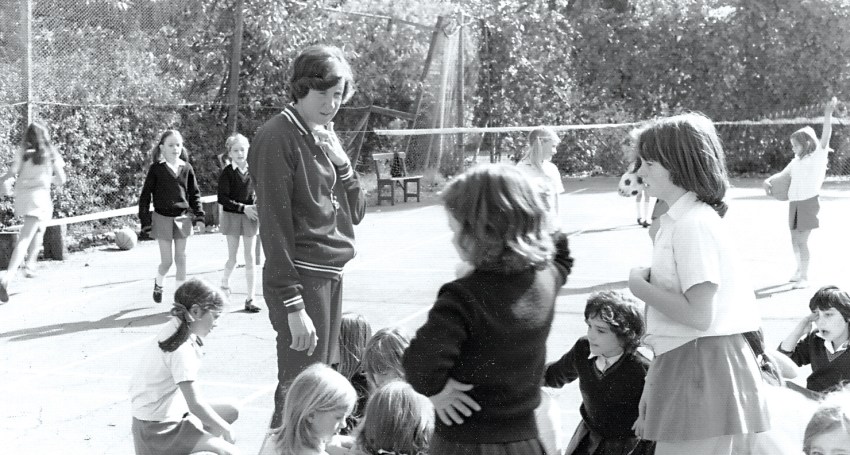Inspiring women
Opinion
I was fortunate, privileged really, to be educated by the Mercy Sisters at Mercedes College from the age of 10.

It was a great adventure for me to leave little old Our Lady of Grace (OLOG) primary school in Glengowrie, where I spent my first five years of schooling, and travel on the bus with my older sister to the much bigger all-girl college at Springfield.
I have very fond memories of my time at OLOG – rumour has it I would skip into the classroom – but going to Mercedes with its bluestone boarding house, expansive grounds and formal uniform (beret in winter, straw hat in summer) felt like stepping into one of Enid Blyton’s St Clare’s novels.
Advertisement
The bus journey was an experience in itself, particularly on the way home when your friendship rating went up and down depending on the quality of the leftovers in your lunchbox.
The style of education at Mercedes was progressive; the primary classes were mixed levels with Aboriginal names while the innovative concept of ‘general studies’ in Year 8 was a 35-year forerunner to what we now call the research project.
But it was the Sisters themselves who left the biggest impression on me with their insistence that we young women could achieve anything we wanted to. This was drummed into us over and over again, as was the message that it was our duty to use the gifts and talents given to us by God.
I didn’t think too much about it back then; I assumed that’s what all teachers told their students. But later in life I heard stories of girls my age being discouraged from having high aspirations. In some cases it was subtle, for others it was more direct, such as being told that if they studied geology they would have to be a teacher, rather than a geologist. The Sisters may not have called themselves feminists but they were.
Related Story
Oceans apart but together in spirit
As bratty schoolgirls we weren’t always kind to the nuns and tended to look with disdain on their decision to ‘give up their life’ for God. I’m ashamed to say we didn’t give them the respect they deserved, although there were the odd exceptions like
Sr Pat McAuley who wore a tracksuit to school and won many of us over with her love of sport.
In recent times I have been fortunate to reconnect with the Sisters through my work and have been repeatedly impressed by their incredible intellect, faith and commitment. I have gained a new appreciation of their sense of sisterhood, their pioneering advocacy for women and their passion for social justice. Women of the likes of Sr Kate Conley who has spent her life working with women living on the edge (pages 12,13) and is a worthy Queen’s Birthday honours recipient.
In her history of the Adelaide Sisters called Women on the Move, Anne McLay writes of what she calls the ‘myth of difference’ whereby Mercies in the eastern states viewed the Adelaide Sisters as ‘always one step ahead of the rest of us’. She refers to their ‘readiness for change, a great acceptance of Sisters as individuals and an encouragement to develop their own talents and stand on their own feet’.
With their roots going back to the movement of a whole Mercy congregation from Argentina to South Australia, it’s not surprising that the Adelaide Sisters have been characterised by their flexibility and pragmatism.
As the Sisters of Mercy celebrate 140 years in the Archdiocese this year within the limits of the pandemic, I for one express my deep gratitude for their presence.











Comments
Show comments Hide comments